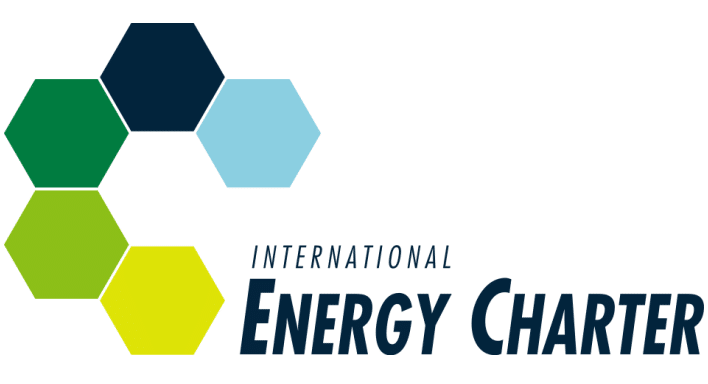About Energy Charter Treaty (ECT):
- It provides a multilateral framework for energy cooperation that is unique under international law.
- It is designed to promote energy security through the operation of more open and competitive energy markets while respecting the principles of sustainable development and sovereignty over energy resources.
- It was signed in December 1994 and entered into legal force in April 1998.
- It also established the Energy Charter Conference, an inter-governmental organisation which meets on a regular basis to discuss issues affecting energy cooperation.
- There are currently 53 signatories and contracting parties to the ECT, including both the European Union and Euratom.
- The Treaty’s provisions focus on four broad areas:
- the protection of foreign investments, based on the extension of national treatment, or most-favoured-nation treatment (whichever is more favourable) and protection against key non-commercial risks;
- non-discriminatory conditions for trade in energy materials, products and energy-related equipment based on WTO rules and provisions to ensure reliable cross-border energy transit flows through pipelines, grids and other means of transportation;
- the resolution of disputes between participating states, and – in the case of investments – between investors and host states;
- the promotion of energy efficiency and attempts to minimise the environmental impact of energy production and use;
Q1) What is Euratom?
Euratom was created in 1957 to further European integration and tackle energy shortages through the peaceful use of nuclear power. It has the same members as the European Union and is governed by the Commission and Council, operating under the jurisdiction of the European Court of Justice. Euratom regulates the European civil nuclear industry, which produces almost 30 % of energy in the EU.
Source: Denmark latest EU country to plan Energy Charter Treaty exit
Last updated on February, 2026
→ UPSC Notification 2026 is now out on the official website at upsconline.nic.in.
→ UPSC IFoS Notification 2026 is now out on the official website at upsconline.nic.in.
→ UPSC Calendar 2026 has been released.
→ UPSC Final Result 2025 is expected to be released in the second week of April 2026.
→ Check out the latest UPSC Syllabus 2026 here.
→ Join Vajiram & Ravi’s Interview Guidance Programme for expert help to crack your final UPSC stage.
→ UPSC Mains Result 2025 is now out.
→ UPSC Prelims 2026 will be conducted on 24th May, 2026 & UPSC Mains 2026 will be conducted on 21st August 2026.
→ The UPSC Selection Process is of 3 stages-Prelims, Mains and Interview.
→ Prepare effectively with Vajiram & Ravi’s UPSC Prelims Test Series 2026 featuring full-length mock tests, detailed solutions, and performance analysis.
→ Enroll in Vajiram & Ravi’s UPSC Mains Test Series 2026 for structured answer writing practice, expert evaluation, and exam-oriented feedback.
→ Join Vajiram & Ravi’s Best UPSC Mentorship Program for personalized guidance, strategy planning, and one-to-one support from experienced mentors.
→ Check UPSC Marksheet 2024 Here.
→ UPSC Toppers List 2024 is released now. Shakti Dubey is UPSC AIR 1 2024 Topper.
→ Also check Best UPSC Coaching in India




















